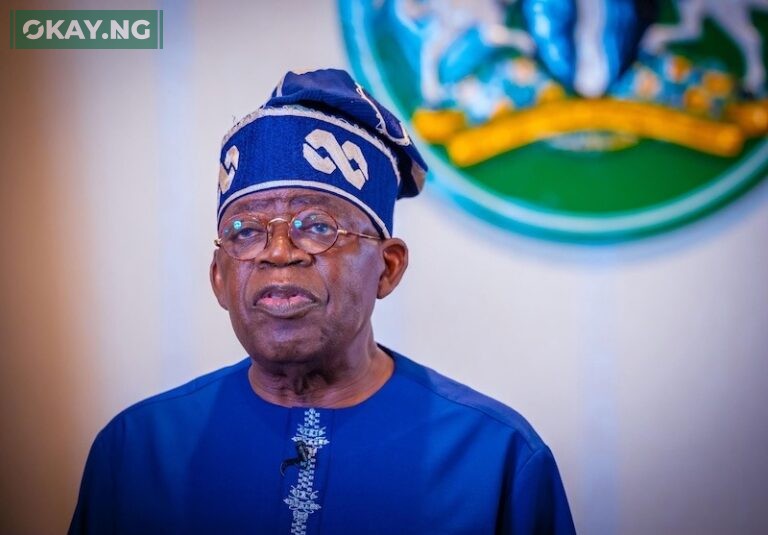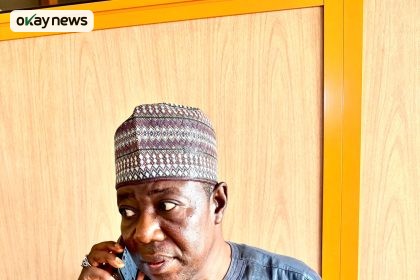Despite the Federal Government’s promise to reduce the financial burden of medications, Nigerians are still battling skyrocketing drug prices more than a year after President Bola Ahmed Tinubu signed an Executive Order abolishing tariffs, excise duties, and Value Added Tax (VAT) on pharmaceutical raw materials and machinery.
The directive, announced on June 28, 2024, by the Coordinating Minister of Health and Social Welfare, Muhammad Pate, was expected to revolutionize Nigeria’s pharmaceutical sector by stimulating local manufacturing and lowering the cost of essential drugs. However, market realities paint a different picture.
According to Pate, the Executive Order introduced zero tariffs, excise duties, and VAT on critical items such as Active Pharmaceutical Ingredients (APIs), excipients, syringes, needles, Long-lasting Insecticidal Nets, and Rapid Diagnostic Kits. He added that the directive also mandated agencies including the Nigeria Customs Service (NCS), the National Agency for Food and Drug Administration and Control (NAFDAC), the Standards Organisation of Nigeria (SON), and the Federal Inland Revenue Service (FIRS) to implement the policy swiftly for two years.
In March 2025, the Nigeria Customs Service announced that it had begun enforcing the directive, with exemptions now covering pharmaceutical raw materials and packaging. The Service’s spokesperson, Abdullahi Maiwada, explained that these waivers were specifically designed to support registered pharmaceutical manufacturers with valid Tax Identification Numbers (TINs).
Yet, instead of relief, Nigerians have witnessed alarming spikes in drug prices. A comparative survey between June 2024 and August 2025 revealed price hikes of 30 to 124 percent in many essential medicines.
For diabetes patients, insulin climbed from N14,000 to N18,000 within the period, while a glucometer rose from N20,500 to N29,000. Hypertension drugs also spiked, with Exforge jumping from N32,800 to N60,000. Antimalarial medications were no exception; Coartem surged from N3,800 to N8,500, and Artesunate injections leapt from N1,600 to N2,500.
Only a handful of drugs, such as Augmentin and Ventolin inhalers, recorded marginal price drops, offering little comfort to consumers.
Stakeholders Raise Concerns
Pharmaceutical experts argue that the problem stems from the non-implementation or slow roll-out of the Executive Order. The National President of the Association of Community Pharmacists of Nigeria, Ambrose Ezeh, stated bluntly:
“Have we implemented (the executive order)? If the order is not implemented, then the status quo remains. Even if they are implemented or not, most of the drugs, 75 per cent of the drugs that we use in this country, are imported.”
He further noted that high foreign exchange rates, soaring energy costs, and Nigeria’s dependence on imported raw materials make meaningful price reduction nearly impossible without decisive government intervention.
Some pharmacists, however, acknowledged partial progress. The Federal Capital Territory Chairman of the Association of Community Pharmacists of Nigeria, Olatunji Aloba, explained:
“There are some drugs that are coming down in prices. Some are actually crashing. But those that were already in circulation before the policy was declared still maintain their old prices. It is new transactions and new importations that are beginning to reflect the order.”
Aloba expressed optimism that, over time, competition would force prices down, though he stressed the process would remain gradual.
Patients Left in Despair
While policymakers and industry players debate, ordinary Nigerians continue to feel the brunt. Patients battling chronic illnesses lament that relief is far from reality.
The Chairman of the Diabetes Association of Nigeria, Lagos State chapter, Abdulwahab Dauda, said:
“Some people who used to give us free medications have even reduced the quantities of drugs they give. The economy is biting hard on diabetes patients; our drugs are costly. Many of us are struggling to afford our drugs. We are yet to see the effects of the executive order.”
Similarly, Lagos resident Mrs. Idowu Abi recounted how a malaria treatment that once cost her less than N10,000 now gulped over N19,000, while in Abuja, another patient, Endurance Amogi, said a simple drug for catarrh that previously sold for N4,000 now costs N24,000.
okay.ng reports that the persistent hike has forced many Nigerians to resort to self-medication, traditional herbs, and rationing of prescriptions, endangering public health and worsening the burden on families already crushed by inflation and high living costs.
Doctors and Industry Experts React
Leaders in the medical community share similar concerns. The President of the Nigerian Medical Association, Prof. Bala Audu, stressed the urgent need for full implementation of the Executive Order:
“To be honest, the immediate and long-term solution to the issue of high prices of drugs is for the government and the authorities to act and ensure that the executive order is fully implemented to ease the burden on Nigerians.”
Likewise, Dr. Tope Osundara, President of the Nigerian Association of Resident Doctors, highlighted that insufficient pharmaceutical companies and the lack of health insurance coverage leave patients vulnerable.
“We do not have enough pharmaceutical companies to produce some of the essential drugs; the ones that we have are insufficient to take care of the needs of the people. Aside from that, out-of-pocket payment is also part of the problem we are having,” Osundara said.
Policy Inconsistencies
The Executive Secretary of the Pharmaceutical Manufacturers Group of the Manufacturers Association of Nigeria, Frank Muonemeh, cautioned that new policies such as the mandatory four percent Free-on-Board (FOB) levy on imports risk reversing any progress made by the tariff waivers.
“The four per cent FOB charge nullifies whatever the government claims to have given us through zero tariff. Applying FOB on them is counterproductive and makes Nigerians pay more for essential goods,” Muonemeh warned.
He urged the government to exempt pharmaceuticals and food items from the levy, stressing that inconsistent policies discourage investment and threaten the stability of Nigeria’s healthcare system.
Citizens Cry for Help
From Lagos to Sokoto, Adamawa to Plateau, residents continue to lament. Many narrated stories of cutting prescriptions, relying on herbs, or even forgoing treatment entirely.
Fatima Sambo, a trader in Gombe State, said: “My husband is diabetic, and the cost of his insulin has gone up. Sometimes we are forced to buy half of the prescription because we cannot afford the full dose.”
For countless families, the promise of cheaper drugs remains a distant dream. Until policies are harmonized, enforced, and complemented with healthcare financing reforms, experts fear that Nigerians will remain at the mercy of an unforgiving market.







